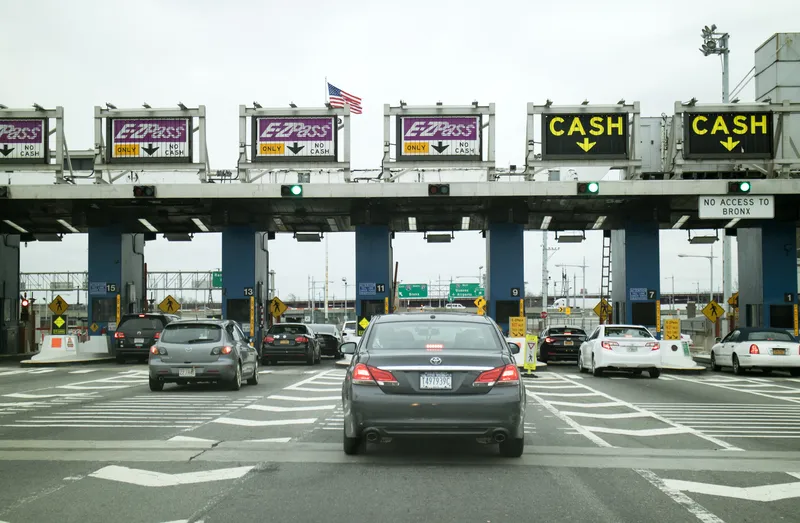UITP’s Global Public Transport Summit (15-17 May) in Montreal will concentrate on two key topics, digitisation and Mobility as a Service.
Under the slogan Lead the Transition, the biennial gathering will look at how new mobility services are challenging the existing structures and organisations and how they can be incorporated into existing offerings to better meet travellers’ needs. It will also highlight how public transport sector is leading the deployment of autonomous mobility services as part of a
March 30, 2017
Read time: 2 mins
UITP’s Global Public Transport Summit (15-17 May) in Montreal will concentrate on two key topics, digitisation and Mobility as a Service.
Under the slogan Lead the Transition, the biennial gathering will look at how new mobility services are challenging the existing structures and organisations and how they can be incorporated into existing offerings to better meet travellers’ needs. It will also highlight how public transport sector is leading the deployment of autonomous mobility services as part of a pursuit of service excellence – another cross cutting theme for the Montreal for the event.
Cyber security poses a growing challenge to the public transport sector and will be examined in Montreal where the final of UITP’s hackathon will also take place. Ongoing themes such as decarbonisation and urban air quality will play remain part of the programme which has up to nine parallel sessions running over three days.
Under the slogan Lead the Transition, the biennial gathering will look at how new mobility services are challenging the existing structures and organisations and how they can be incorporated into existing offerings to better meet travellers’ needs. It will also highlight how public transport sector is leading the deployment of autonomous mobility services as part of a pursuit of service excellence – another cross cutting theme for the Montreal for the event.
Cyber security poses a growing challenge to the public transport sector and will be examined in Montreal where the final of UITP’s hackathon will also take place. Ongoing themes such as decarbonisation and urban air quality will play remain part of the programme which has up to nine parallel sessions running over three days.









